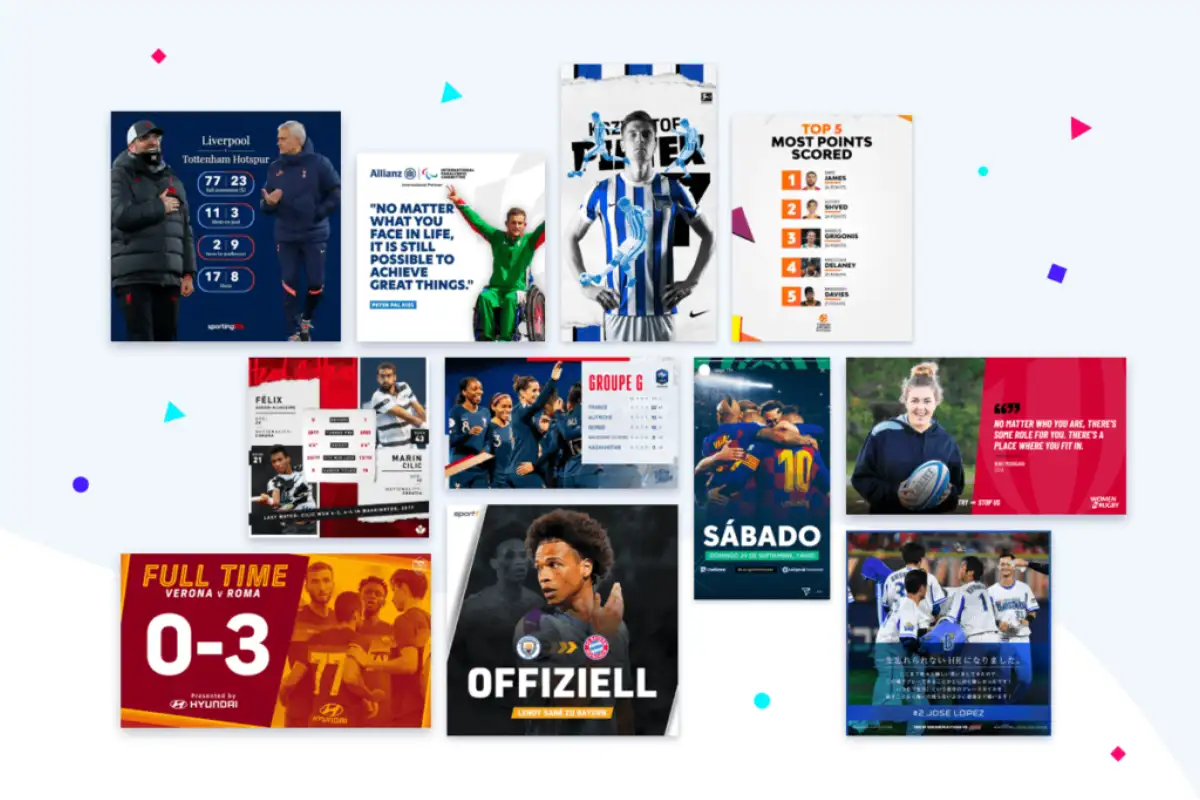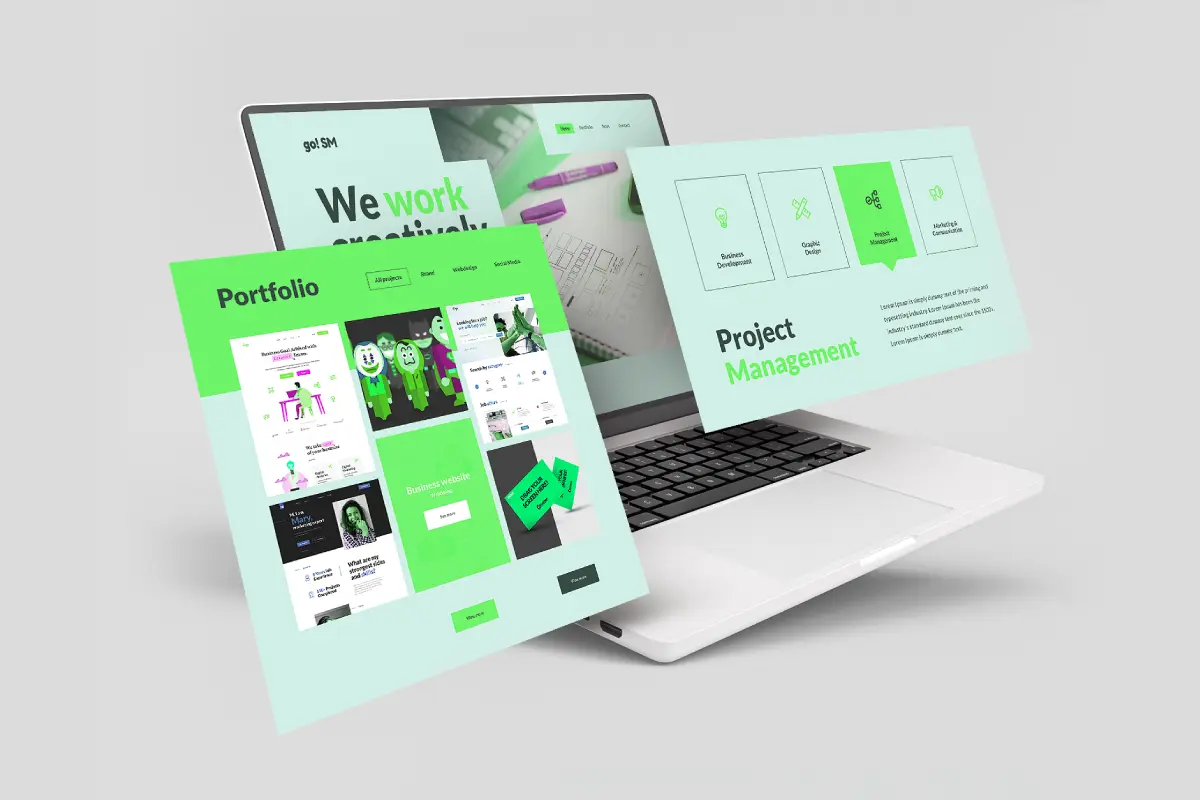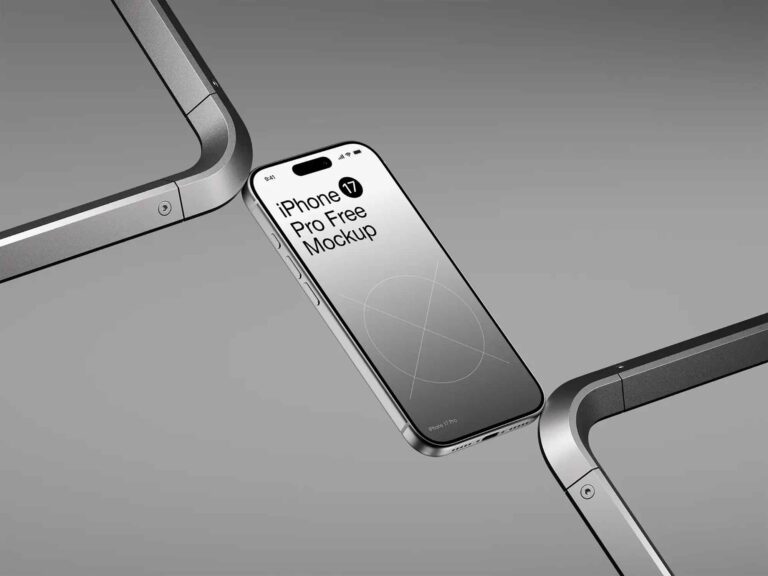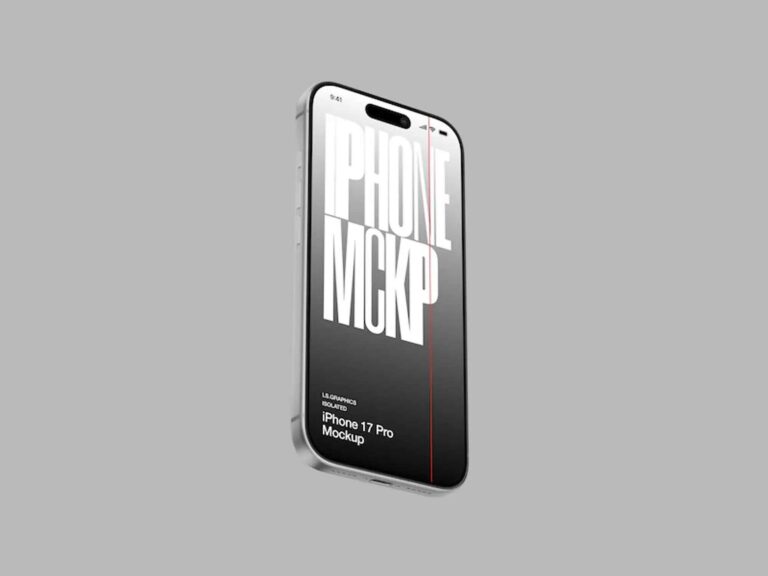Whether you’re a lawyer rushing to court, a consultant dashing between meetings, or a freelancer managing clients from various time zones, your smartphone allows you to stay connected and productive wherever your day takes you. This reality underscores the importance of ensuring that websites are optimized for mobile use.
In this article, we will discuss about building websites that cater specifically to the needs of professionals who rely heavily on their mobile devices.
Table of Contents
Who Are Professionals on the Go?
These professionals represent just a snapshot of the broader demographic that relies on mobile devices to stay connected and productive throughout their busy days:
- Lawyers handling court appearances and client meetings
- Consultants juggling multiple projects and client interactions
- Freelancers managing clients and deadlines from various locations and time zones
- Sales representatives attending meetings and networking events
- Journalists reporting from the field and submitting stories on the go
- Real estate agents showing properties and communicating with clients
- Event planners coordinating logistics and managing schedules
How to Build Websites Optimized for Professionals on the Go
Crafting websites that cater to the needs of professionals on the go requires a thoughtful approach. Here are actionable tips to ensure your website is optimized for their mobile lifestyle:
Prioritize Mobile Responsiveness
Start by ensuring your website is mobile-responsive. This means that the layout and content adjust seamlessly to different screen sizes, providing a consistent user experience across devices. Ensure that your website functions as intended by testing it on a variety of mobile devices to confirm its appearance and functionality across different platforms.
Optimize Loading Speeds
Professionals on the go have limited patience for slow-loading websites. Optimize your website’s loading speed by minimizing large images, leveraging browser caching, and optimizing code. Aim for a loading time of three seconds or less to keep users engaged and satisfied.
Simplify Navigation
Make it easy for users to find their desired information by simplifying your website’s navigation. Use clear and intuitive menu structures, and minimize the number of clicks required to access essential information. Consider implementing a sticky navigation bar that remains visible as users scroll, providing easy access to key pages.
Streamline Content
Professionals on the go often need quick access to information. Streamline your website’s content by prioritizing essential information and removing unnecessary clutter. Use concise language and clear headings to make it easy for users to scan and find relevant information quickly.

Optimize Forms for Mobile Use
If your website includes forms for inquiries, bookings, or subscriptions, optimize them for mobile use. Use large, touch-friendly buttons and input fields, and minimize the number of fields required to complete the form. Consider implementing autofill functionality to make it easier for users to input their information on small screens.
Implement Click-to-Call and Click-to-Email
Make it easy for users to contact you directly from your website by implementing click-to-call and click-to-email buttons. This allows professionals on the go to reach out to you with a single tap, without having to manually input your contact information.
Test and Iterate
Finally, regularly test your website on different mobile devices and browsers to identify any issues or areas for improvement. Solicit feedback from users and use analytics data to track user behavior and optimize your website accordingly. Remember that building a website optimized for professionals on the go is an ongoing process, and continuous iteration is key to success.
Future Trends
As technology continues to advance, new trends and innovations are shaping the way professionals interact with websites on the go. Here are a few upcoming trends worth monitoring:
Voice Search Optimization
As Siri, Alexa, and Google Assistant gain popularity, more people are using voice search. It’s particularly crucial for solo lawyer websites. With the rise of virtual assistants, such as Siri and Google Assistant, solo lawyers must ensure their websites are optimized to answer common legal questions and provide relevant information in a format conducive to voice search.
Optimizing your website for voice search involves adapting your content to match natural language queries and providing concise, relevant answers.
Augmented Reality Integration
Augmented reality (AR) has the potential to revolutionize the way professionals engage with websites. Imagine a real estate agent using AR to provide virtual property tours or a healthcare professional using AR to visualize medical procedures. Integrating AR features into your website can enhance user engagement and provide valuable interactive experiences.
Progressive Web Apps (PWAs)
PWAs combine the best features of websites and mobile apps, offering fast loading speeds, offline capabilities, and push notifications. As more professionals rely on their smartphones for work, PWAs provide a seamless user experience that bridges the gap between web and mobile.
Artificial Intelligence (AI) Personalization
AI-powered personalization allows websites to deliver tailored content and recommendations based on user behavior and preferences. By analyzing data such as past interactions and demographics, AI can optimize the user experience and increase engagement.
Final Thoughts (about building websites)
Building websites optimized for professionals on the go requires a deep understanding of their unique needs and preferences. Before promoting your websites, optimization is the key factor to be considered. By prioritizing mobile responsiveness, speed, and user experience, you can create a digital platform that empowers professionals to stay connected, productive, and successful in their endeavors.




